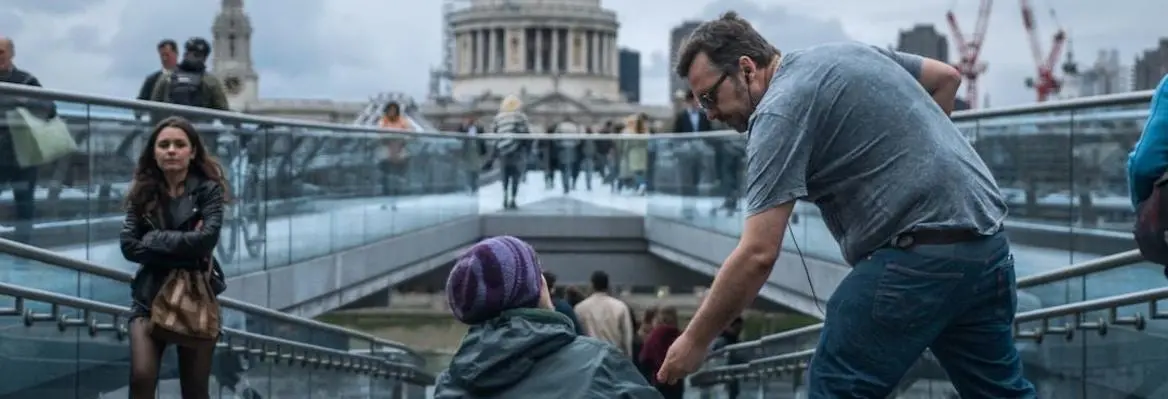One summer day in the ocean off Panama City Beach, two boys out for a swim got caught in a rip current. When their mother heard their cries, she and several other family members dove into the ocean, only to be trapped in the current, too. Then, in a powerful display of character, complete strangers on the beach took action. Forming a human chain of 70 to 80 bodies, they stretched out into the ocean and rescued everyone.
Stories like this inspire me with hope about what human beings are capable of doing. Though we may face a daily barrage of depressing reports about sexual harassment, corruption, and child abuse, stories of human goodness help to give us another perspective on our human character.
But, as we know too well, there is also a darker side to our character. Take, for example, the story of Walter Vance, 61, who was shopping in his local Target for Christmas decorations. It was Black Friday and the store was mobbed when Vance fell to the floor in cardiac arrest and lay motionless. The other shoppers did nothing. In fact, some people even stepped over his body to continue their bargain hunting. Eventually, a few nurses used cardiopulmonary resuscitation, but by then he was too far gone.
___
"Why do strangers help in one situation and simply ignore someone in need in another?"
___
Why do strangers help in one situation and simply ignore someone in need in another? This is one of the questions at the heart of my new book, The Character Gap: How Good Are We? In the book, I outline the psychological research on moral behaviour to show why sometimes we act morally and sometimes we don’t, based on who we are and what’s happening around us. Using insights gleaned from this science, I recommend steps we can take to strengthen our moral character.
The good and the bad of our character
While it may shock you to hear about Vance’s story, none of this is surprising in light of certain psychological research. For decades now, psychologists have found that if there is an emergency but no one else is doing anything to help, then we are very unlikely to help ourselves. In their famous “lady in distress” study, for instance, Columbia psychologists Bibb Latané and Judith Rodin report that when participants heard cries of pain from a woman who had fallen in the next room, only 7 percent did anything to help if they were with a stranger who was not helping.
This is just one illustration of the darker side of our character, but there are others. Studies have found that we are quite willing to cheat for monetary gain when we can get away with it. We also tend to lie to about 30 percent of the people we see in a given day. And most disturbing of all, with encouragement from an authority figure, a majority of people are willing to give increasingly severe electric shocks to a test-taker—even up to a lethal jolt.
Yet there is also much more encouraging news about character. For instance, Daniel Batson has done more than thirty years of fascinating research on how empathy can have a profound impact on our desire to help others in need. In one study, after Batson got students to empathise with a complete stranger experiencing a terrible tragedy, the number of students willing to help her dramatically rose to 76 percent, compared to 37 percent in a control group.
___















Join the conversation